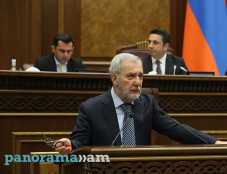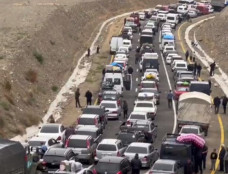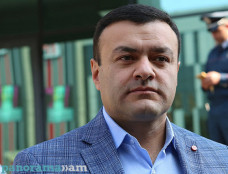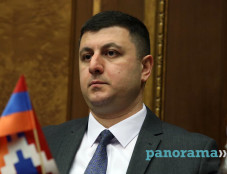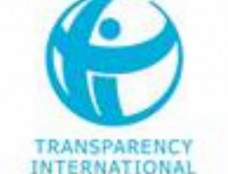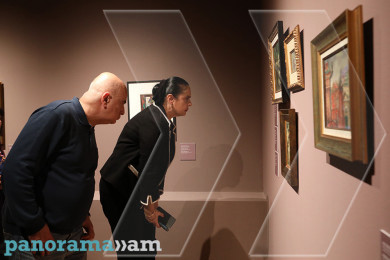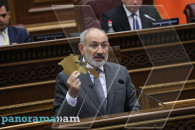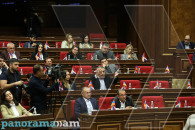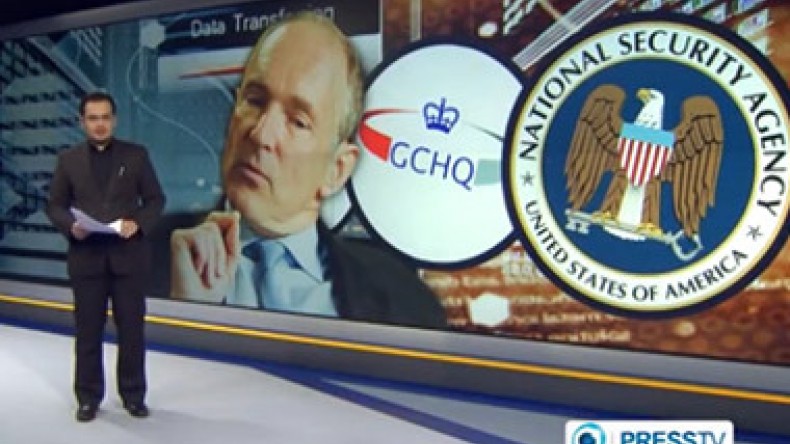
US, UK exposed criminals to secret info: Knodel
Press TV talked with Mallory Knodel, with the Association for Progressive Communications from Montreal, regarding the mass cyber espionage activities by the US and British spy agencies.
- In a sense, what is to be expected with the dawn of the internet that we would see spying of the likes by the NSA and the GCHQ [UK Government Communications Headquarters]?
- I think that there are two things. It is the internet, you are right, which has created unprecedented communications between people all over the world but then it is also the laws in the legislator especially in the United States that has been passed in the last decade or more and that has allowed for blanket surveillance, very vague language that has provided a really broad scope and a lot of instrumentation and legal precedent for this mass surveillance that we are seeing today.
- Sir Tim Berners-Lee obviously regrets, I guess, having such a free hand as far as the internet goes. Is this much like the creator of the atomic weapons regretting the fact that it was used in the way it was?
- I think that is a good point. What we also see with atomic weapons that we have very knowledgeable scientists, people who are involved in technology who are saying no; they are saying no; we cannot allow this sort of technology to be used incorrectly; [they are] being very outspoken; Sir Tim Berners-Lee is one of those.
I do not know if it will be able to reverse some of these problems. So we see that the British government, the US government have actually cracked some major encryption technology and there is no going back for something like that.
They have exposed to criminals and governments alike, good people and bad people, this sort of access to what was previously encrypted information.
- Right and that is a fair point that you make because I wanted to ask about that. Is it possible to go back and obviously, as you said, it would be very tough to do so? So then, what is the path forward then?
- Civil society has many ideas for how to go back. A lot of it involves legislation at this level and thinking about necessary and proportionate legislation that protects users’ rights.
So it is fine to have a government role to be able to control various pieces of infrastructure but these mechanisms must be necessary. There must be a reason to do it and they must be proportionate to the scale. We are seeing right now especially by the US government, NSA completely disproportionate surveillance.
There is nothing really; there is no war on terror big enough to really warrant this level of surveillance. So it is called actually the Thirteen Principles and you can also find out more about necessary proportionate and where you will see some actual drafted legislations that many civil society organizations have worked on together and then they have presented this to the UN and elsewhere.
- But this would take an amount of trust, would it not, on the part of the US and the UK government that they would follow this.
- Absolutely and we are not just concerned with the US and the UK but all governments. It is really a widespread problem also among corporations because the possibility is really limitless especially if there are not laws in place that have really caught up to the technological capabilities that are there today.
So offering a multi-stakeholder approach where corporations, governments and organizations can really look at this issue together and try to come to a more fair solution for the citizens of the world; that is the idea.
Newsfeed
Videos





